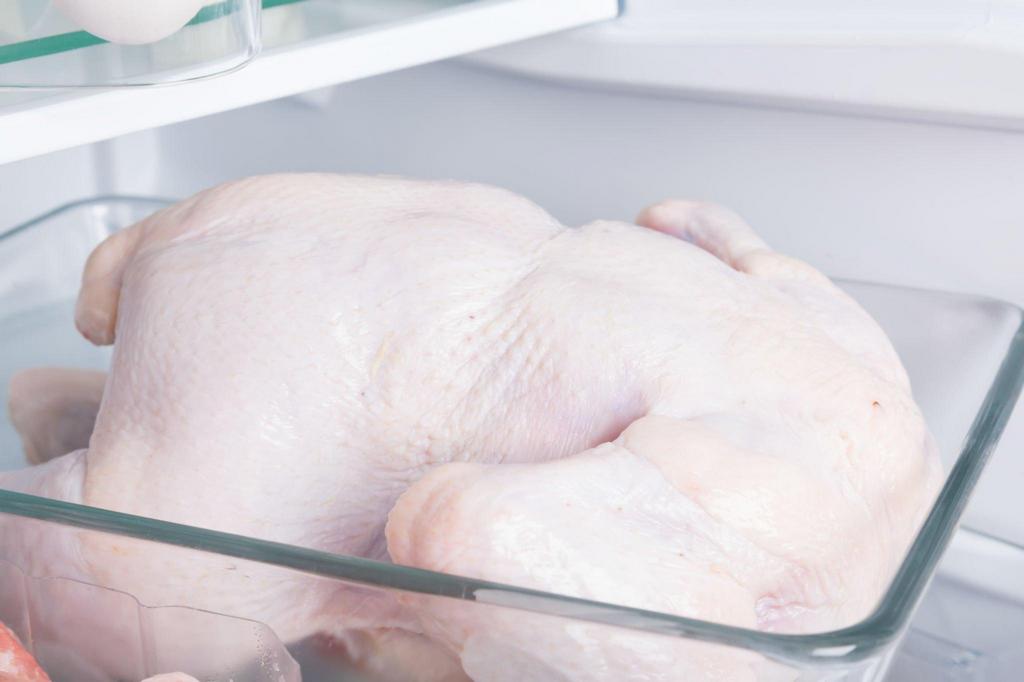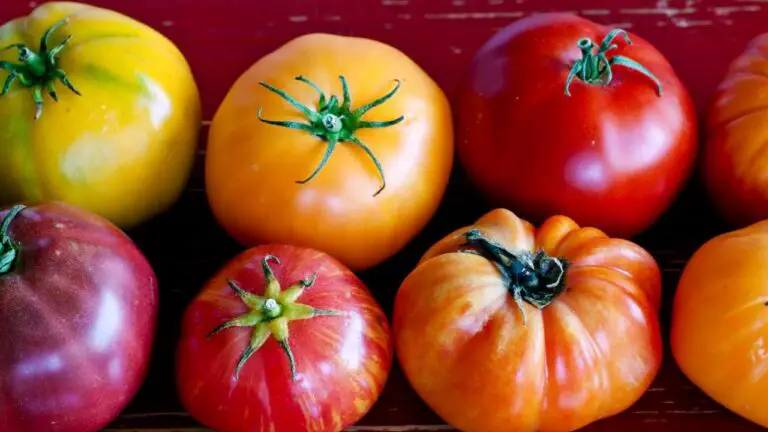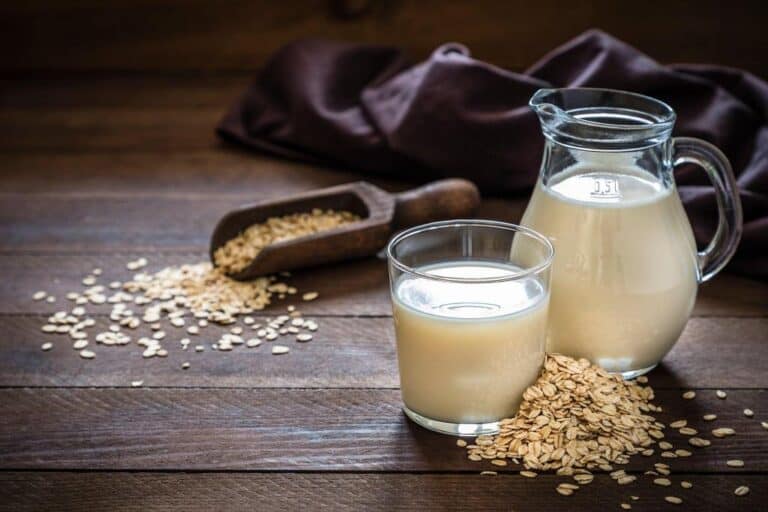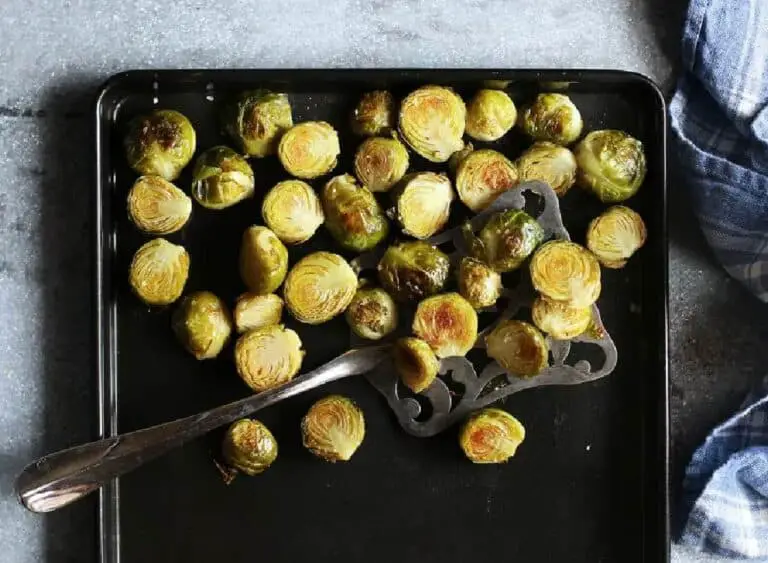Why Does Refrigeration Impact the Taste of Previously Cooked Poultry?

There’s something about the aroma of a perfectly roasted chicken or a delectable turkey dinner that warms our hearts and tantalizes our taste buds. The savory flavors, the juicy tenderness—it’s a culinary masterpiece! But have you ever noticed that when you refrigerate the leftover poultry for later enjoyment, its taste seems to take an unexpected detour?
Fear not, dear food enthusiasts, for you’re not alone in this perplexing experience. The magic of refrigeration, while a marvel for preserving food, has a few tricks up its sleeve that can leave our once-flavorful poultry feeling lackluster. But fret not! In this gastronomic journey, we’ll uncover the secrets behind this taste transformation.
Join me as we venture into the realms of food science, exploring the intriguing interplay of fats, flavors, and refrigeration. So, hold on to your aprons and get ready to unlock the mystery of why refrigeration impacts the taste of previously cooked poultry!
Refrigeration and Its Role in Food Preservation
Refrigeration plays a pivotal role in the realm of food preservation, ensuring the safety, longevity, and quality of our perishable edibles. At its core, refrigeration involves the process of cooling and maintaining low temperatures to slow down bacterial growth, enzymatic activities, and other spoilage processes that naturally occur in food.
By keeping our food at the appropriate temperature range, typically between 32°F and 40°F (0°C and 4°C), refrigeration acts as a powerful tool in safeguarding our meals from spoiling prematurely.
Through this temperature-controlled environment, refrigeration halts the growth of harmful microorganisms, preventing foodborne illnesses and reducing food waste significantly. Moreover, refrigeration inhibits enzymatic reactions that can lead to undesirable flavor changes, ensuring that our food maintains its delicious taste for a longer period of time.
Whether it’s fresh produce, dairy products, or cooked meals, refrigeration extends the shelf life of various foods, allowing us to enjoy them at our own pace without compromising on taste or quality.
Here’s a table showcasing the benefits of refrigeration in food preservation:
| Benefits of Refrigeration in Food Preservation |
| Slows down bacterial growth and reduces the risk of foodborne illnesses |
| Extends the shelf life of perishable foods |
| Preserves the quality and taste of various food items |
| Reduces food waste and promotes sustainable consumption |
| Enables safe storage and easy access to meals at our convenience |
Chemical Reactions in Cooked Poultry During Refrigeration

When cooked poultry is refrigerated, fascinating chemical reactions take place, affecting its texture, taste, and overall quality. The trio of proteins, fats, and moisture that define poultry’s character are particularly sensitive to these changes. Cooling can turn tender succulence into subtle firmness and alter the delicate balance of flavors, potentially leading to a slight degradation in taste.
Understanding these chemical reactions is essential to preserving the poultry’s taste. By grasping these transformations, we can appreciate how the refrigerator influences the evolution of flavor in our poultry.
Let’s explore a supporting table to shed light on the significant changes that occur during refrigeration and their impact on the different components of the cooked poultry. This knowledge empowers us to maintain the delectable character of our refrigerated poultry, satisfying our taste buds with every savory bite.
| Component | Impact During Refrigeration |
| Proteins | May become firmer, affecting the overall tenderness |
| Fats | Can experience changes in texture and mouthfeel |
| Moisture Content | May be affected, leading to potential dryness or juiciness |
| Flavor Compounds | Some compounds may transform, impacting taste perception |
Why Does Refrigeration Impact the Taste of Previously Cooked Poultry?
When cooked poultry is refrigerated and reheated, it can develop a phenomenon known as “warmed-over flavor” (WOF).
Here are some reasons why refrigeration impacts the taste of previously cooked poultry:
- Chemical Reactions: Exposure to oxygen and the breakdown of polyunsaturated fatty acids and proteins in the meat can cause changes in flavor and texture. The oxygen in the air interacts with the meat’s polyunsaturated fatty acids while it cools in the refrigerator, leading to the development of off-flavors.
- Oxidative Decomposition: The oxidative decomposition of lipids (fatty substances) in the meat can occur after cooking and processing, especially when the meat is subsequently refrigerated. This decomposition process releases chemicals called short-chain aldehydes or ketones, which have an unpleasant taste or odor.
- Iron Release: Naturally occurring iron in the meat can aid in the oxidative decomposition of lipids, contributing to the development of warmed-over flavor in chicken or any poultry.
- Time: The flavor change is most noticeable when the cooked poultry has been refrigerated for 24 hours or more before reheating.
To avoid the negative impact of refrigeration on the taste of previously cooked poultry, it is recommended to consume the leftovers within a shorter time frame or consider alternative storage methods such as freezing.
Texture Changes in Cooked Poultry Due to Refrigeration
Cooked poultry boasts a delightful range of texture characteristics – tender, succulent, and juicy. However, refrigeration can introduce subtle, yet significant, changes to its texture. During the refrigeration process, the cold temperature can affect the muscle fibers and connective tissues of the poultry, potentially leading to alterations in its texture.
These texture changes can impact the overall eating experience. What was once tender and juicy might become slightly firmer or drier after refrigeration. Understanding these alterations helps us appreciate the importance of proper storage and handling to maintain the poultry’s desirable texture.
| Texture Characteristics | Refrigeration Effect |
| Tender and Juicy | Slightly Firmer |
| Succulent | Drier |
Factors That Affect Poultry Taste
Apart from refrigeration, there are other factors that can influence the taste of poultry, both positively and negatively:
1. Quality of Poultry
The taste of poultry largely depends on its quality. Opt for fresh, high-quality poultry to ensure a delightful taste after cooking and refrigeration.
2. Cooking Method
The cooking method employed can significantly impact the taste of poultry. Whether you roast, grill, bake, or fry the poultry, each method introduces unique flavors.
3. Seasonings and Marinades
The seasonings and marinades you use play a vital role in determining the final taste. Experimenting with various herbs and spices can create diverse and appealing flavor profiles.
4. Resting Period
Allowing the cooked poultry to rest before refrigeration enables the flavors to settle, enhancing the overall taste.
5. Reheating Techniques
If you plan to reheat refrigerated poultry, use appropriate techniques to retain its juiciness and flavors. Avoid overheating, as it can further dry out the meat.
Best Practices for Refrigerating Cooked Poultry
To ensure the best taste retention in refrigerated, cooked poultry, certain practices should be followed. Here are some tips to preserve that deliciousness:
- Proper Storage: Store cooked poultry in airtight containers to prevent exposure to air and other odors in the refrigerator.
- Prompt Refrigeration: Refrigerate cooked poultry within two hours of cooking to minimize bacterial growth.
- Safe Temperatures: Keep the refrigerator at or below 40°F (4°C) to slow down the growth of harmful bacteria.
- Avoid Overpacking: Do not overpack the refrigerator, as proper air circulation is essential for maintaining taste and quality.
- Reheat with Care: If you plan to reheat the poultry, do so gently to avoid overcooking and further altering the taste.
Retaining Roast Chicken Taste after Fridge Storage
Ah, the delectable taste of roast chicken, a culinary delight that tantalizes our taste buds! But what happens when you have leftovers and need to store them in the fridge? The challenge lies in retaining that mouthwatering taste even after refrigeration.
When roasting chicken outside the chilly confines of the fridge, certain factors come into play that can affect its flavor and overall palatability. Let’s delve into the secrets of ensuring your roast chicken tastes just as heavenly even after fridge storage.
The primary culprits for taste retention are temperature and storage duration. While refrigeration slows down bacterial growth, it can also lead to subtle changes in the chicken’s texture and moisture content, potentially impacting the overall taste.
Properly storing roast chicken is essential; ensure it cools down to room temperature before placing it in an airtight container and promptly refrigerating it. Aim to consume refrigerated roast chicken within three to four days for the best flavor experience.
Let’s explore a supporting table that highlights some essential tips for retaining roast chicken taste during fridge storage:
| Tips for Retaining Roast Chicken Taste after Fridge Storage |
| Allow Chicken to Cool: Let roast chicken cool to room temperature before refrigeration |
| Use Airtight Containers: Store chicken in airtight containers to prevent moisture loss and exposure to other odors |
| Consume Within 3-4 Days: Aim to enjoy refrigerated roast chicken within three to four days for optimal taste |
| Reheating with Care: When reheating, do so gently to avoid overcooking and drying out the chicken |
| Enhance Flavors: Consider adding a splash of chicken broth or a drizzle of olive oil before reheating to preserve moisture and taste |
Enhancing the Flavor of Precooked Turkey after Refrigeration
When it comes to precooked turkey, the challenge lies in maintaining and enhancing its flavorful appeal after it has been refrigerated. After all, who doesn’t want to savor the delectable taste of succulent turkey with each bite? As we store our precooked turkey in the refrigerator, we need to be mindful of certain factors that can impact its taste, texture, and overall enjoyment. But fret not, there are simple and effective ways to elevate the flavor of your precooked turkey and turn it into a culinary masterpiece.
One key aspect to consider is the reheating process. When reheating refrigerated turkey, it’s crucial to do so gently, using methods that preserve its moisture and tenderness. Slowly reheating in the oven at a low temperature or using steam can help avoid overcooking and maintain the turkey’s succulence. Additionally, consider adding a splash of chicken or turkey broth before reheating to infuse the meat with extra moisture and flavor.
Let’s explore a supporting table outlining some helpful tips for enhancing the flavor of precooked turkey after refrigeration:
| Tips for Enhancing Precooked Turkey Flavor after Refrigeration |
| Gentle Reheating: Reheat turkey slowly at a low temperature to preserve moisture |
| Steam Reheating: Consider reheating with steam to maintain tenderness |
| Flavorful Additions: Add a splash of chicken or turkey broth before reheating for enhanced taste |
| Seasoning Blends: Use flavorful herb and spice blends to elevate the overall taste |
Alternative Preservation Methods for Poultry Flavor
While refrigeration is the go-to preservation method for many, exploring alternatives can open up exciting possibilities:
| Preservation Method | Taste Retention Comparison |
| Freezing | Maintains taste for longer |
| Canning | May alter taste slightly |
| Drying | Intensifies flavors |
Considering these alternatives allows you to choose the preservation method that best suits your taste preferences and culinary needs.
Conclusion
In conclusion, refrigeration undoubtedly impacts the taste of previously cooked poultry. Understanding the science behind taste perception, texture changes, and the factors affecting taste retention empowers us to preserve the deliciousness of our cooked poultry.
So, follow best practices, get creative with your leftovers, and explore alternative preservation methods than cold storage to savor the exquisite flavors of your poultry dishes. Happy cooking and happy refrigerating!
FAQs on Refrigeration Impact the Taste of Previously Cooked Poultry
How long does cooked poultry retain its taste in the refrigerator?
Cooked poultry retains its taste in the refrigerator for about 3 to 4 days. After this period, the taste and texture may start to degrade, affecting the overall quality of the dish.
What are the signs that refrigerated, cooked poultry has gone bad?
Signs of spoiled refrigerated cooked poultry include a sour or rancid smell, a slimy texture, or a significant change in color. If any of these indicators are present, it’s best to discard the poultry to avoid foodborne illnesses.
Does marinating cooked poultry before refrigeration help with taste retention?
Yes, marinating cooked poultry before refrigeration can help with taste retention. The marinade infuses the meat with flavors, adding moisture and enhancing the overall taste when stored in the refrigerator.
Are there any natural additives that can prevent taste changes in refrigerated poultry?
Some natural additives like lemon juice, vinegar, or certain herbs can help slow down taste changes in refrigerated poultry. These additives may have mild preservative properties and can contribute to flavor retention.
How do commercial food producers maintain the taste of refrigerated cooked poultry?
Commercial food producers use various techniques like vacuum packaging, controlled storage temperatures, and preservatives to maintain the taste of refrigerated cooked poultry. These methods help extend shelf life and preserve flavor.
How can I best preserve the taste of cooked poultry when refrigerating leftovers?
To preserve the taste of cooked poultry when refrigerating leftovers, use airtight containers to prevent odor absorption. Store at the right temperature, consume within a few days, and consider reheating techniques that retain moisture, ensuring the best taste upon serving.






